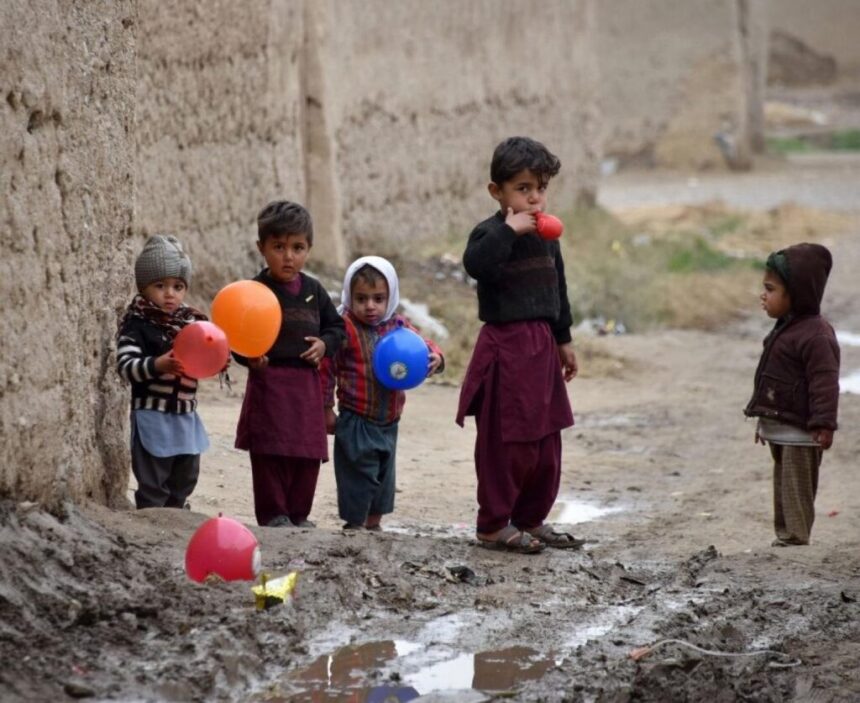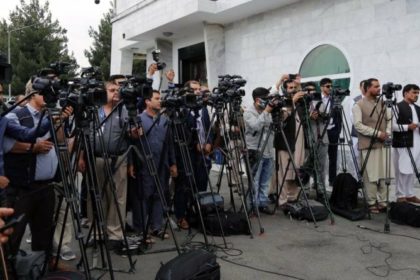RASC News Agency: The United Nations Office for the Coordination of Humanitarian Affairs (OCHA) has reported that 23.7 million people in Afghanistan are in dire need of humanitarian assistance, including 9.2 million children. In its latest assessment, OCHA underlined that the severe restrictions imposed on the fundamental rights and freedoms of women and girls are among the primary barriers to improving the country’s humanitarian conditions. The report highlights a multitude of factors exacerbating the crisis, including persistent conflict, entrenched poverty, alarmingly high levels of food insecurity and malnutrition, ongoing internal displacement, widespread contamination by explosive remnants of war, recurrent natural disasters, outbreaks of pandemics, the adverse effects of climate change, and the nation’s unstable political climate.
The World Food Programme (WFP), in its November publications, identified Afghanistan as one of 22 countries grappling with an acute hunger crisis. According to the WFP, 12.4 million Afghanistanis are currently suffering from “acute” food insecurity, with many unsure of where their next meal will come from. In a social media post accompanied by a video on November 7, the WFP revealed that some Afghanistani families, driven by extreme poverty and hunger, have resorted to marrying off their young daughters.
Despite receiving millions of dollars in weekly aid from the United States and generating significant revenue through various levies imposed on the Afghanistani population, the Taliban has failed to address the rampant poverty. Instead of alleviating the crisis, hunger and destitution have continued to escalate under their rule.






